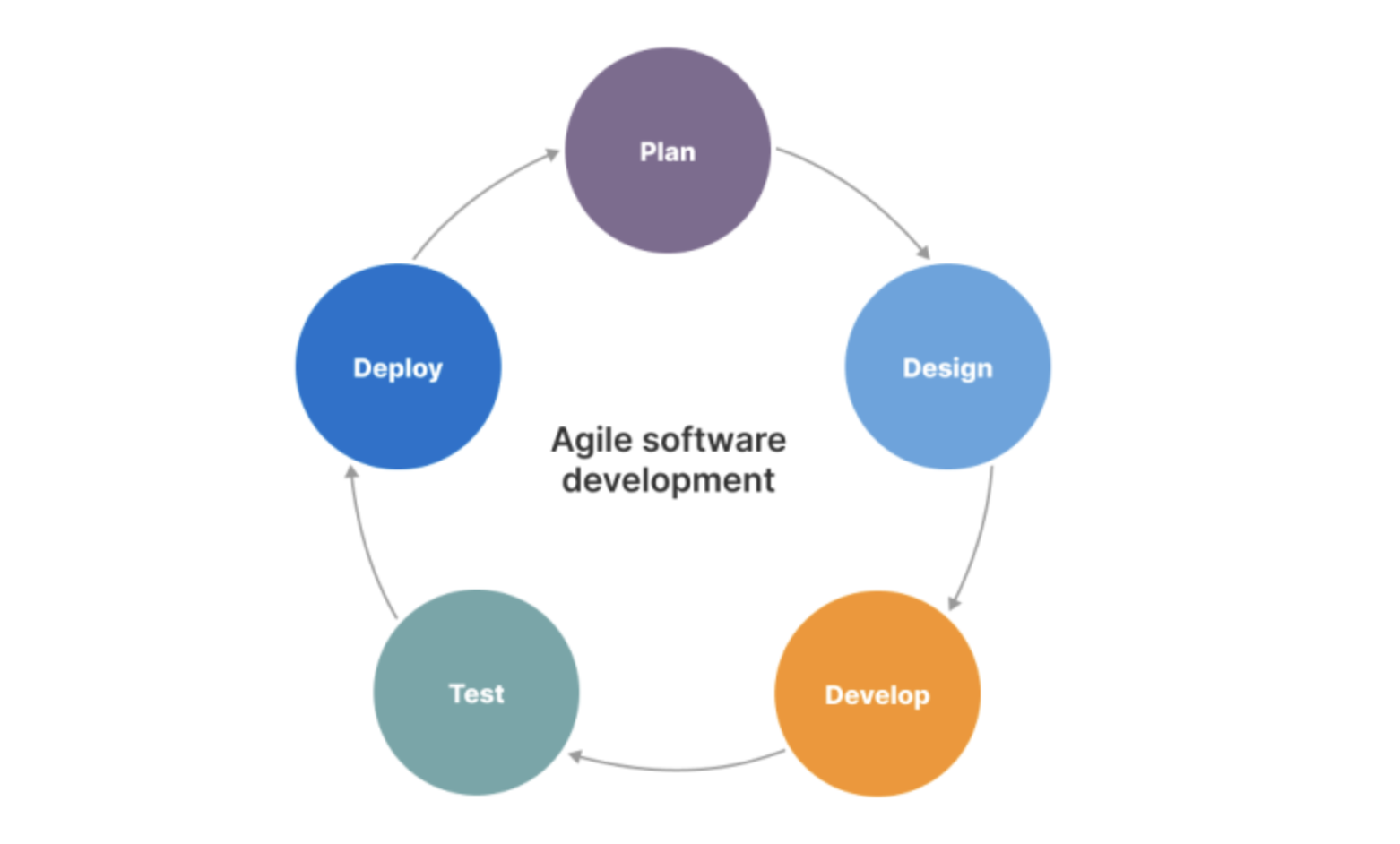Agile software development is a project management approach that values flexibility, collaboration, and constant adaptation to change. The Agile methodology was first introduced in 2001 with the publication of the Agile Manifesto, which outlined the principles of Agile software development.
The key principles of Agile software development include:
- Individuals and interactions over processes and tools
- Working software over comprehensive documentation
- Customer collaboration over contract negotiation
- Responding to change over following a plan
Agile software development focuses on delivering working software in small, incremental iterations, known as sprints. This allows teams to quickly adapt to changing requirements and feedback from stakeholders, and to deliver high-quality software that meets the needs of the customer.
The Agile methodology also emphasizes close collaboration between development teams, stakeholders, and customers, with regular meetings, such as daily stand-ups and sprint retrospectives, to ensure that everyone is aligned and informed.
Agile software development is often used in combination with Scrum, an Agile framework that provides a set of best practices for managing software development projects.
Adopting the Agile approach to software development can lead to improved productivity, higher quality software, and increased customer satisfaction. However, it’s important to have a well-trained and committed team and a supportive organizational culture to ensure the success of Agile software development initiatives.

